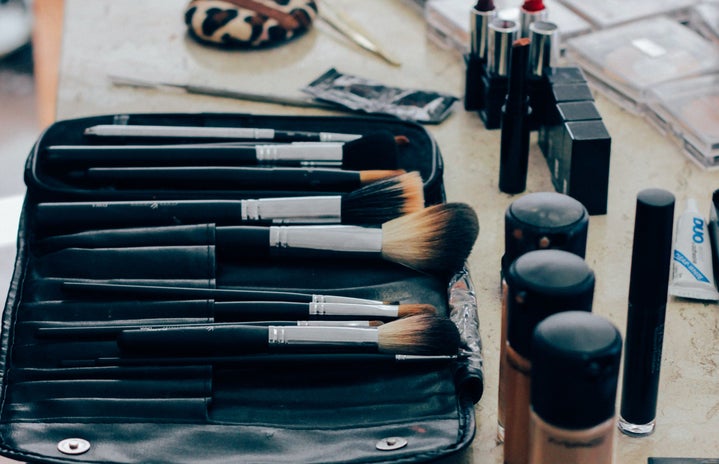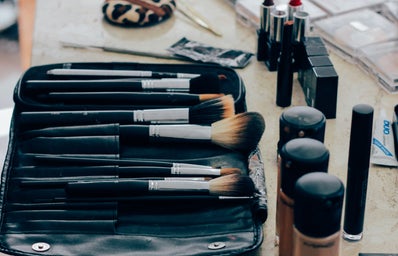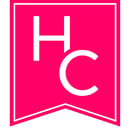Over the past ten years YouTube has produced a new-found occupation that is taking the world by storm: beauty vloggers. The blogging and vlogging community has become a worldwide phenomenon with thousands of young men and women opting for this as a career path. Every blogger has their niche, but of the biggest industries dominating the blogging world is the beauty industry.
Beauty bloggers are some of the wealthiest and most well-known bloggers out there. But is their wealth due to paid sponsorship? Does this sponsorship benefit their audience or mislead them into buying a product that isn’t even that good?
When I first think of beauty bloggers, my mind jumps straight to figures such as Zoella aka Zoe Sugg, Nikki Tutorials and Jaclyn Hill. In general, bloggers post about the latest trends or the best products in terms of makeup, fashion, haircare and skincare. A lot of the time bloggers do reviews of different products they are generally their own authentic opinions. In an article in the Irish Times, model and agent manager Andrea Roche says, “it’s like marketing except a lot more organic as it suits their own brand and lifestyle”. This is very true to many bloggers such as Niomi Smart who is strong advocate of a vegan lifestyle, who has sponsorship from other alike companies such as Bodyism. Like this, makeup and fashion blogger Yasmine Chanel receives paid sponsorship from online retail store Nasty Gal. Both of these bloggers are staying true to their brand and what they represent.
While there are bloggers who stay true to their brand and only receive paid sponsorships from companies they genuinely support, this isn’t always the case. Many people are sceptical of beauty bloggers and what products they’re actually promoting and I for one agree. Let’s take one of biggest trends that was circulating the internet about one year ago – skinny tea.
Nearly every beauty blogger I followed was promoting this herbal tea that is supposed to help you lose weight within a matter of weeks. But, these teas were incredibly detrimental to your health. Many media outlets such as Cosmopolitan Magazine have come out against this ‘skinny’ or ‘detox’ teas stating that they cause more harm to your health than good. This proves that not all products that bloggers promote can be trusted.
Irish blogger and social influencer, Ciara O’Doherty, states in the same Irish Times article that, “a lot of bloggers who used snapchat to promote a certain product don’t even let their viewers know that it’s a paid advert”. A lot of the times a blogger’s audience isn’t aware that what they’re selling in either their Instagram post, YouTube video or Snapchat is a paid sponsorship. Now of course some bloggers do state that it is a paid ad, a lot of the time its written in a small place where it can’t be seen properly i.e. the description box on a YouTube video. This can make it hard to distinguish between posts with a blogger’s genuine opinion or opinions that have been paid for.
Now I’m not here to bash your favourite beauty bloggers, trust me. But as consumers of media we can’t always rely on a blogger to have our best interest at heart. This is there full-time job and they must make a living and paid sponsorship is one way to do it. So next time you scroll through your Instagram feed or watch a makeup tutorial make sure that what your getting are genuine opinions and not something manufactured by a corporate company.
Photo by Thomas Lefebvre on Unsplash
Photo by Arnel Hasanovic on Unsplash


